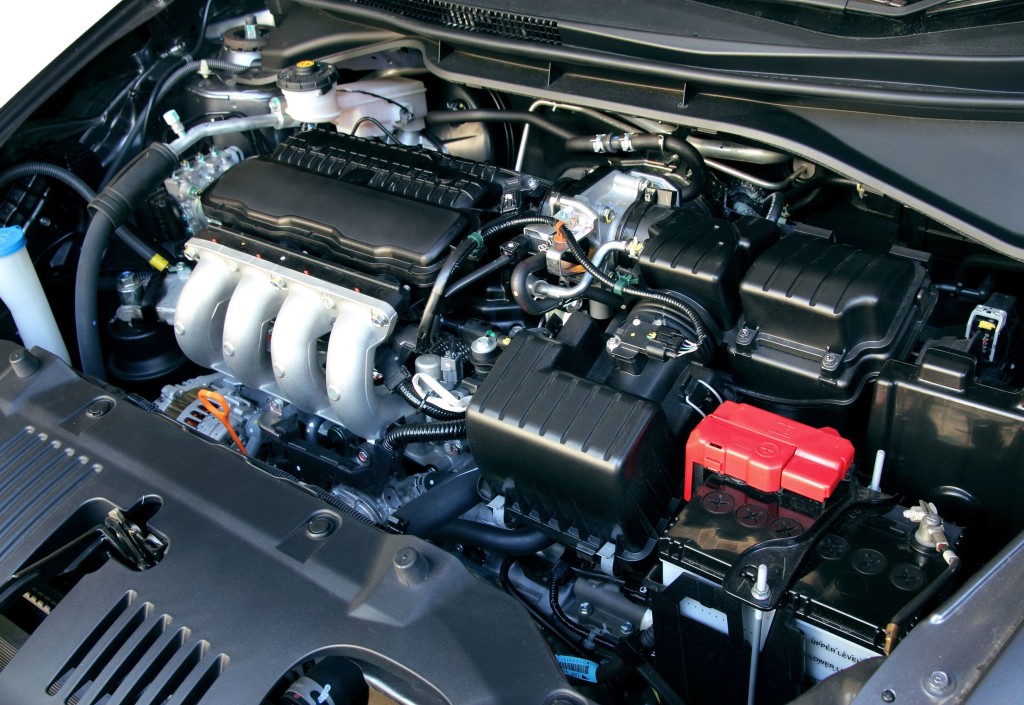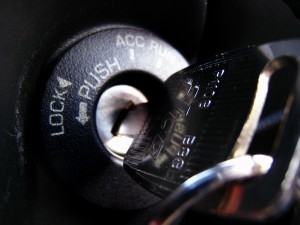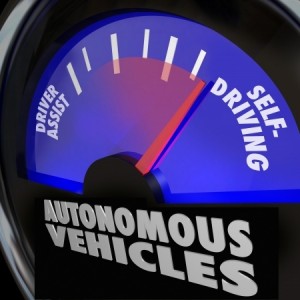Is Premium Gas Worth the Money?
Gasoline is the lifeline of your vehicle. It’s what powers your car to the grocery store and to work every Monday, but many drivers rarely give a second thought to what type of gasoline they put in their vehicles. You’ve probably noticed that most gas stations offer a few different options when it comes to gasoline, but have you ever stopped and asked yourself, “Which type of gas is best for my car?”
What are my options?
Most times when you hit the gas pump, you’re can choose one of three types of gasoline to put in your vehicle. Your choices are:
- Regular Unleaded
- Unleaded Plus
- Super Unleaded (or Premium Unleaded)
The three options are separated based on their octane ratings. The higher the octane rating, the less your engine will rattle (also called “knocking”) as the gasoline ignites. Regular unleaded gasoline has an octane rating between 86-87, unleaded plus is often between 89-90, and super unleaded has a rating between 90-94.
My car doesn’t rattle, and I use regular gas
You might be thinking to yourself, “I’ve only ever used regular gasoline, and I’ve never heard my engine rattle.” That could easily be the case, because some cars don’t need premium gasoline to operate at optimal levels.
As car technology has advanced throughout the years, engineers have found new ways to prevent engines from knocking. Many average consumer cars have been developed with internal knocking sensors that prevent rattling if you use gasoline with a lower octane rating. That being said, a lot of luxury and performance cars have engines with high compression ratios that need a higher grade of gasoline to function smoothly.
The easiest way to determine if you should use premium gasoline in your vehicle is by referencing the owner’s manual. Your owner’s manual will provide you with one of three options, two of which are easy to comprehend.
Yes, No, and Recommended
When referencing your owner’s manual, you’ll likely see one of three answers; Yes, No and Recommended. We’ll explore the three options below.
- Yes – If your manual specifically states that you should only put premium gasoline in your car, heed the advice. This will keep your can operating at top level, and prevent engine knocking that can cause thousands of dollars in damage.
- No – If your car says premium gas is not needed, stick to regular unleaded. Premium gasoline will not improve your cars performance; you’ll simply be throwing money down the drain.
- Recommended – Determining if you need premium gasoline when the owner’s manual recommends it is a little trickier. As we said before, many of today’s vehicles are built with internal knocking systems that can adjust your engine’s performance based on the type of gasoline you use. Some industry professionals believe you’ll notice a very small drop in acceleration speed, but getting from 0 to 60 one second quicker isn’t likely worth the extra cash it will cost you to fill up your tank with premium. Ultimately, it’s up to the driver to make the call on premium gas in this situation.
Related sources: LifeHacker, HowStuffWorks
-
My Car Is Making a Weird Noise. What is it?
 Apr 22, 2015
Apr 22, 2015If your car is making a funny noise, you’re probably wondering if the problem is serious. Although diagnosing a car problem by noise is no perfect science, there are some sounds that can give you a pretty good idea of what is wrong. Here are some common car sounds and what they might signal. 1. […]
-
5 Common Reasons Your Car Won’t Start
 Jul 18, 2013
Jul 18, 2013You rely on your car for a lot of things, like shuttling the kids to soccer practice or for getting to work on time, so it’s easy to see why problems can arise if your car refuses to start. There are literally hundreds of reasons why your car won’t start, but some are more common […]
-
Self-Driving Car Sales To Balloon Over Next 20 Years
 Jan 8, 2014
Jan 8, 2014Sales of self-driving cars are expected to grow from 230,000 in 2025 to nearly 12 million by 2035, a new study suggests. Self-driving cars are currently few and far between, but researchers believe sales will exponentially increase as technology continues to improve. By 2035, researchers believe the cumulative sales of self-driving cars will top 54 […]





